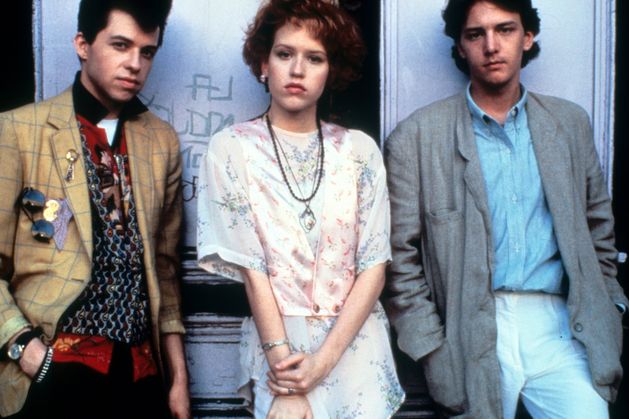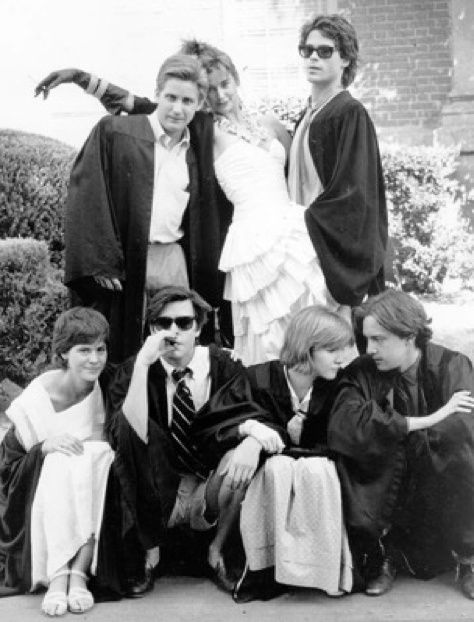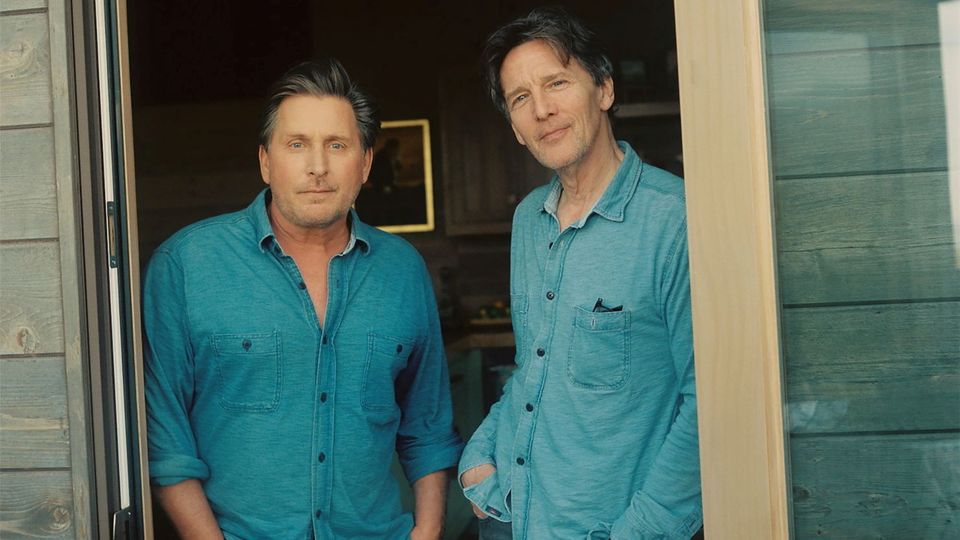Entertainment
Brats review: Self-indulgent former Brat Pack member airs 40 years of gripes

Andrew McCarthy, Demi Moore, Rob Lowe and more look back at 1980s Hollywood phenomenon
Perhaps then it would feel less like a 90-minute gripe by a 61-year-old man who feels hard done by and seems to have trouble recognising that he has an awful lot to be grateful for, not least a busy career as an actor, writer and director of TV shows and documentaries.
In 1985, David Blum, a journalist working for The New Yorker, wrote an infamously mean-spirited cover story about the group of hot young actors – primarily McCarthy, Emilio Estevez, Rob Lowe, Molly Ringwald, Demi Moore, Ally Sheedy, Judd Nelson and Anthony Michael Hall.
They regularly appeared together, in various permutations, in a string of successful movies.
Many of them, including Pretty in Pink, The Breakfast Club and St Elmo’s Fire, were big hits and are seen as iconic cultural touchstones from the decade.
Molly Ringwald, Jon Cryer and Andrew McCarthy pose in costume on set for Pretty in Pink (dir. John Hughes) in Los Angeles in 1986. (Photo by Bonnie Schiffman/Getty Images)
Blum christened the young stars the “Brat Pack”, a play on the Rat Pack, the title Lauren Bacall bestowed on Frank Sinatra and his carousing buddies in the 1950s. And the label stuck.
The piece enraged the young stars. They accused Blum of stripping them of their individuality and belittling the seriousness with which they approached their craft.
Among the most vocal at the time were Estevez and Nelson, who’s shown on an 80s talk show (the archive material is excellent, by the way) saying Blum’s piece “taught me not to trust anyone”.
The young McCarthy also pops up, telling an interviewer: “You try to let it slide off your back.”
Clockwise from top: milio Estevez, Demi Moore, Rob Lowe, Andrew McCarthy, Mare Winningham, Judd Nelson and Ally Sheedy
Almost 40 years later, it’s clear McCarthy hasn’t been able let it slide off his back. It still eats away at him.
He’s convinced the article damaged his career – although never gives a specific example of how – and wonders how the others feel.
One misapprehension about the Brat Pack is that they were all close friends off screen; in reality, they didn’t hang out together and McCarthy hasn’t seen or spoken to most of them for 30 years.
Rather too much time is taken up with him phoning them. Nelson and Ringwald decline to appear. Poor old Anthony Michael Hall isn’t even mentioned.
McCarthy has a slightly awkward encounter with Estevez at his lavish home. Estevez seems guarded, wary. Bizarrely, the two men talk while standing either side of a kitchen island.
Andrew McCarthy (right) catches up with Emilio Estevez in Brats. Photo: Disney+
While Estevez claims he has “no interest in dredging up the past,” he nonetheless says he had a definite career path in mind for himself and thinks the article might have damaged that.
“It created the perception we were lightweights, that we didn’t take it seriously,” says Estevez, who makes the point that Scorsese would never have hired one of the Brat Pack.
In something of a revelation, he tells McCarthy he turned down one of the best scripts he’d ever read when he heard McCarthy had also been cast. It was nothing personal, he says; he wanted to shake off the Brat Pack tag and would have done the same with any of the others.
‘Why did we take it as an offence? I don’t think I took it as personal, over time, as you did’
Refreshingly, Rob Lowe is as delightfully Rob Lowe-ish as you’d want. “It was fun, excitement, the world was your oyster,” he says.
“Does it follow us to the end?” McCarthy wondered, gravely.
“It should!” says Lowe, who’s obviously long past caring about the whole business.
Ally Sheedy and Jon Cryer – who played the much-loved Ducky in Pretty in Pink, but regards himself as adjacent to the Brat Pack rather than one of them – both seemed to have made peace with their past.
“Why did we take it as an offence?” Demi Moore asks. “I don’t think I took it as personal, over time, as you did.”
You wonder if any of them did. Near the end, McCarthy comes face to face with Blum for the first time since 1985. “It honestly didn’t cross my mind that it was all that big a deal,” the journalist says.
The term “Brat Pack” just struck him as a fun idea, although he accepts some of his piece was unfair. The two reach a sort of understanding and part on a hug.
By the end, you’re hoping McCarthy has got it all out of his system. Better to be remembered for the Brat Pack years than for the self-indulgence of Brats.
‘Brats’ (Disney+) ♦ ♦ ♦












